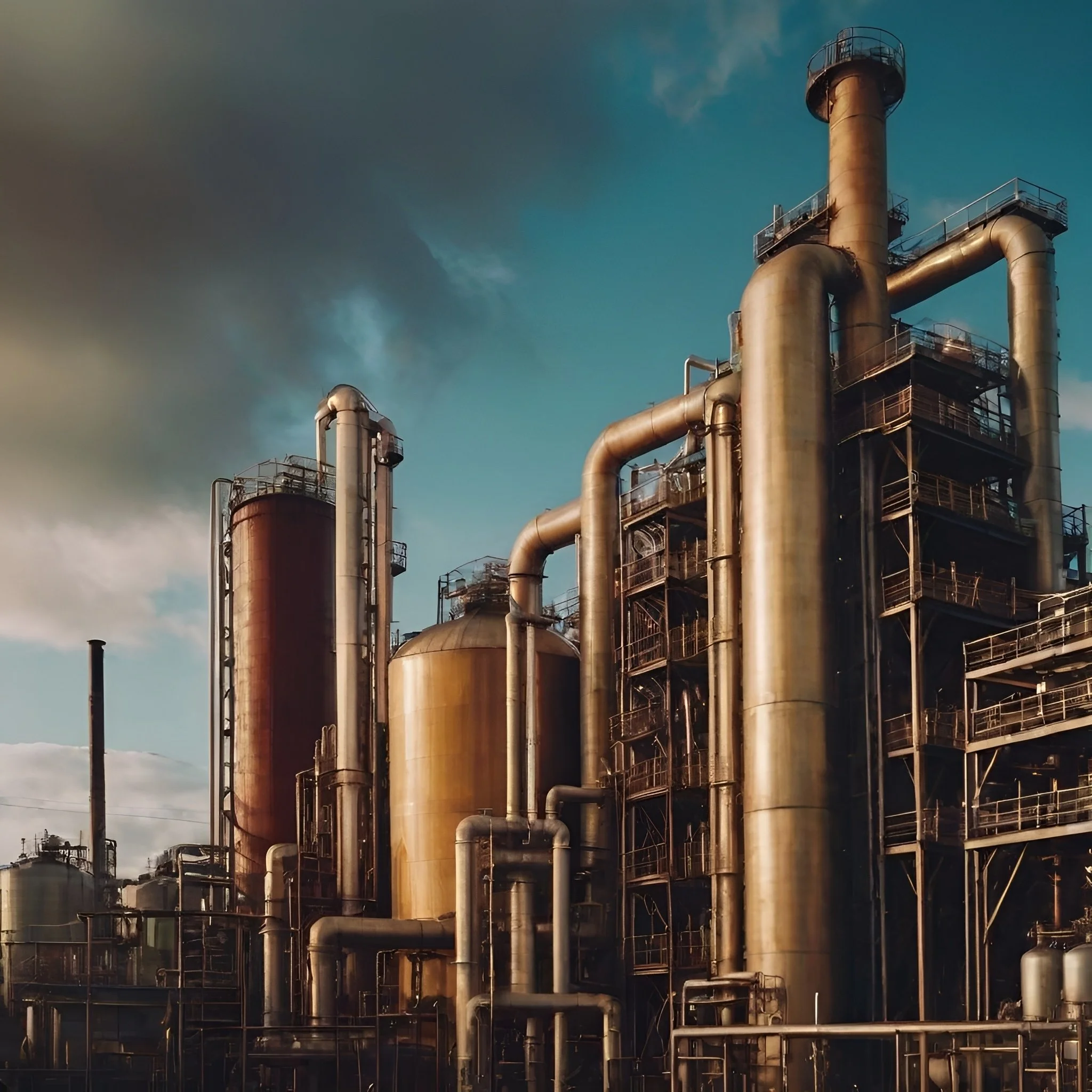High-Efficiency Biodiesel from Industrial Hemp
Our core mission is the decentralized creation of sustainable power and valuable co-products from complex waste streams. MnT BioTech is moving beyond liquid biofuels into a more efficient, high-impact process: Biomass Gasification Combined Heat and Power (CHP).
.
From Environmental Liabilities to Valuable Energy
Our facilities utilize advanced thermochemical gasification to convert a variety of waste materials—including hemp hurd, plastic waste, tire waste, and general municipal solid waste (MSW)—into syngas. Syngas, a combustible gas mixture primarily composed of carbon monoxide (CO), hydrogen (H2), and methane (CH4), is then used for electricity generation (1-5 MW per facility). Gasification is a mature technology capable of producing electricity on-demand, given the continuous availability of diverse feeds tocks.
Mitigating Challenges: Our Approach to Operational Excellence
We recognize the complexities inherent in waste-to-energy processes. MNT BIOTECH has integrated advanced gas cleaning technologies, such as catalytic cracking and robust filtration, to mitigate issues like tar formation and feedstock variability. We also optimize operational parameters and reactor design to minimize tar formation within the gasifier itself. This proactive approach demonstrates our mature understanding of the industry and our commitment to reliable, efficient operations.
A Scalable Blueprint for Nationwide Deployment
MnT BioTech's proposed plants are designed with modularity in mind. This allows for a scaled replication of a proven, manageable unit across 3143 counties, rather than an untested, monolithic endeavor. This approach implies a mature understanding of scaling complex industrial operations through standardized components and streamlined construction processes.



